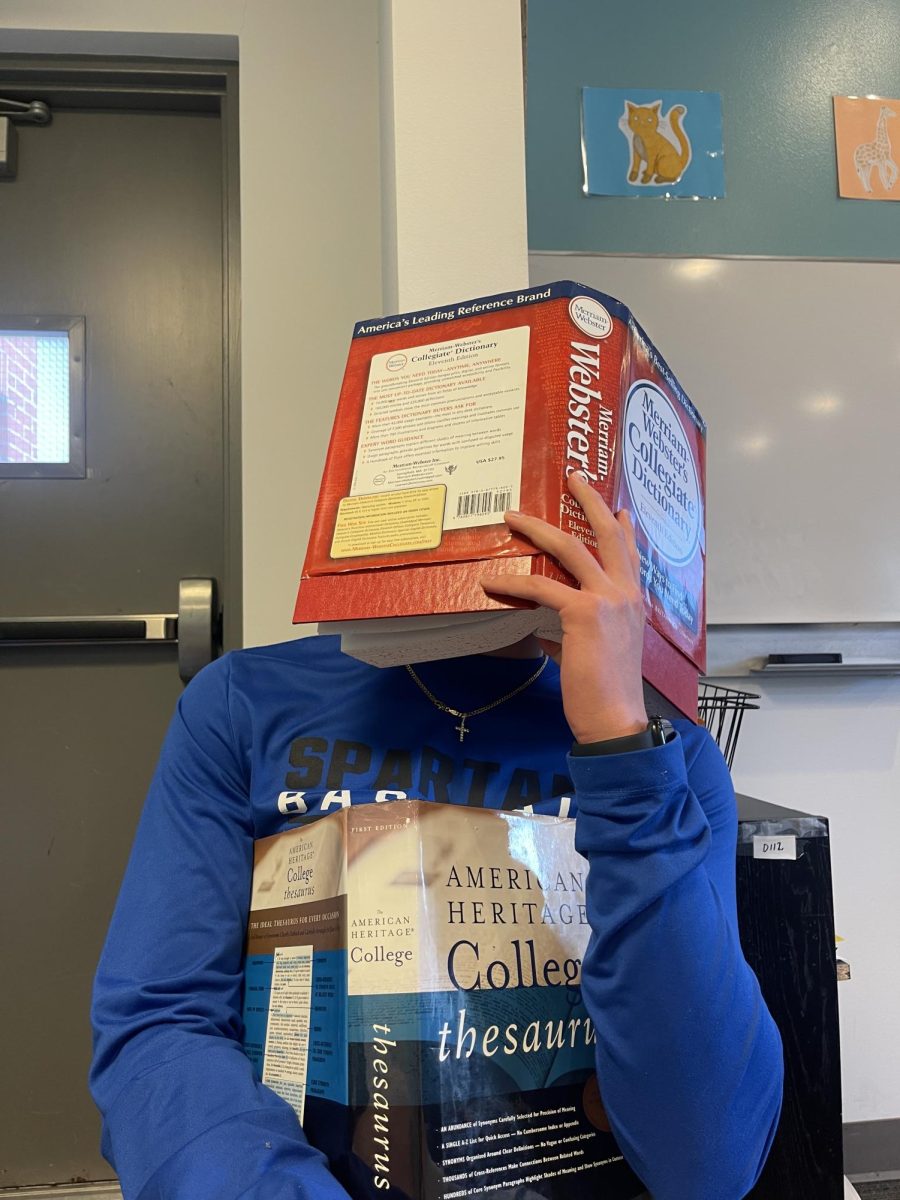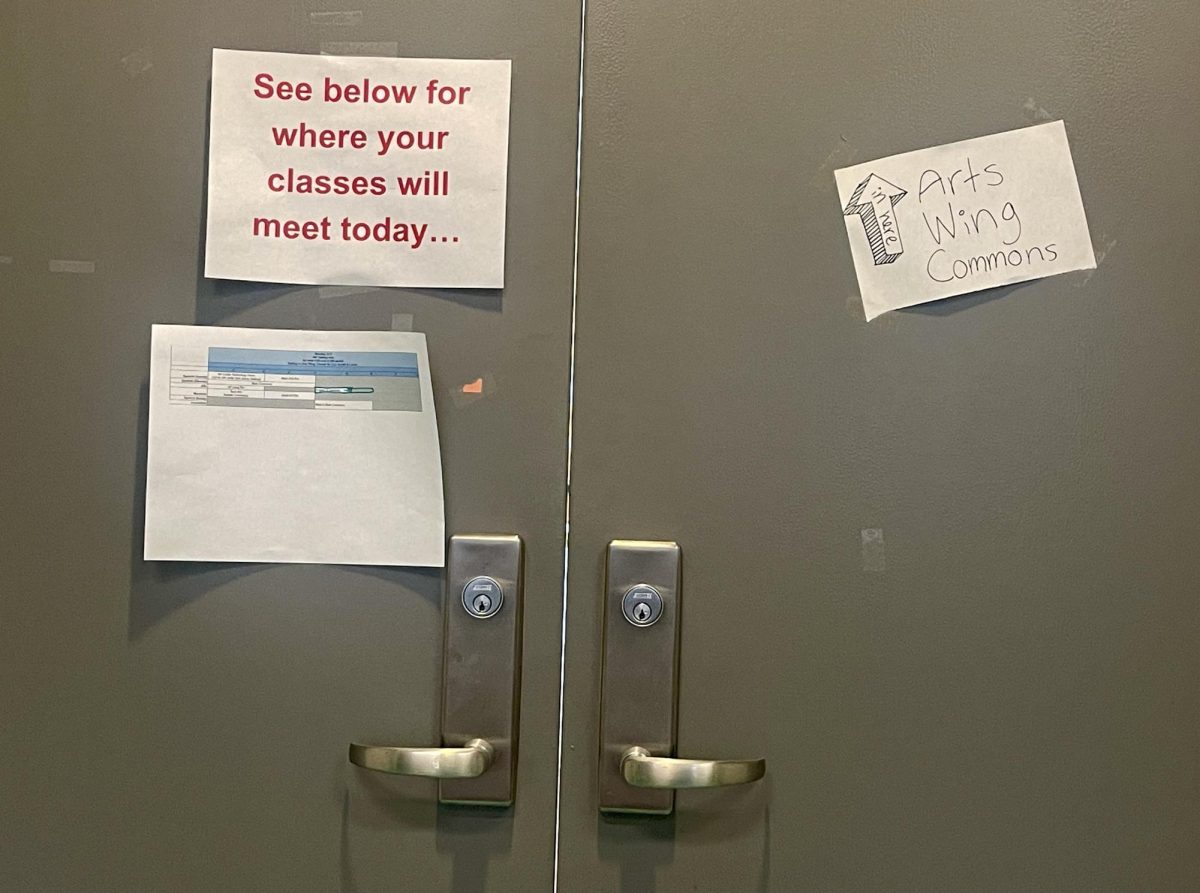Oxford Dictionary chose “brain rot” as the word of the year on December 2, 2024, following a public vote where participants had to choose between a curated list of shortlisted words.
Oxford Dictionary’s Word of the Year has existed for decades, using a robust criteria to determine what selection makes the most sense.
Concerning their process, Oxford Dictionary said, “the candidates for the Word of the Year are drawn from evidence gathered by our extensive language research program, including the Oxford Corpus, which gathers around 150 million words of current English from web-based publications each month.”
“Brain rot” is so prominent in our current vernacular that some believe it does not require an explanation, but this is not always the case.
Vikki Hogg, an English teacher at Community School of Davidson (CSD), said, “I asked my daughters about the term because I was unfamiliar with it,” showing that even experts may require additional information about the latest phrases in the cultural zeitgeist.
Oxford Dictionary said, when examining the history of the term, “the first recorded use of ‘brain rot’ was found in 1854 in Henry David Thoreau’s book Walden.” However, it has “…taken on new significance in the digital age.”
What new significance?
To paraphrase, the Oxford Dictionary defines “brain rot” as “the subsequent negative impact consuming low-quality content on social media and the internet is perceived to have, individually or societally.”
Taking out the particular context of the internet and social media, “brain rot” has been used in similar ways, prior. Sometimes it refers to general mental deterioration or exhaustion without implicating a specific cause.
Interpretations of the word, its meaning, and its connotations may vary. Hogg considers the term self-deprecating.
Hogg said, “I think the term is a little self-deprecating, so it reflects the frustration of living in an age where distraction is always at our fingertips.”
While she does not use the term, she has, like many people, experienced it.
Hogg said, “I’ve definitely caught myself, especially after a long day, getting lost in videos or posts and realizing afterward that I hadn’t gained much from the experience. It’s an easy trap to fall into! I think a lot of people – students and adults alike – have experienced this at some point.”
Sara Behnke, also a CSD English teacher, has an alternative interpretation of “brain rot.”
“To me, brain rot is what happens to my brain when I am ‘spoon fed’ information,” Sarah Behnke said. “By ‘spoon fed’ I am referring to consuming information from news outlets or social media sites that tell me what I should think rather than giving me the information I need to think and decide for myself.”
Not only does she have a definition of “brain rot,” Behnke also outlines what she considers the antithesis of the term.
“As a writer myself, I know the author must have been trying to say something. It’s up to me to figure out what,” Behnke said. “To me, that is the opposite of ‘brain rot’.”
Sticklers for accuracy might critique the Oxford Dictionary for choosing “brain rot,” which is not one word but two.
In an article from The Washington Post titled “Sorry, Oxford dictionary nerds. This is the real word of the year,” the author said, when touching on ‘brain rot,’ “First off, that’s two words.”
Hogg, however, has no problem with the selection.
“Language reflects our current culture, and ‘brain rot’ captures a conversation about how we interact with technology and the effects it can have on our focus, creativity, and well-being,” Hogg said.
Furthermore, Hogg appreciates the tension between awareness and behavior that “brain rot” connotes.
Hogg said, “That tension between awareness and behavior is something that the selection of ‘brain rot’ could bring into focus.”
It does not surprise Hogg that the Oxford Dictionary chose the term “brain rot,” and she seems content with the dictionary’s decision.
“In the end, it does not surprise me that the Oxford Dictionary chose it as the ‘Word of the Year’ as the selection is usually a term that is popular and culturally relevant.”
While Hogg established that “brain rot” is a powerful phrase, Behnke goes further. Words in general, she believes, are powerful.
Behnke said, “People will often say, ‘it’s just words,’ in line with the old adage ‘sticks and stones can break my bones but words can never hurt me.’”
She disagrees. Behnke said, “Yet, while words have the power to hurt, to incite, to even start wars, they also have the power to inspire, to soothe, to heal, to mend, to bridge vast chasms.”
Language is a form of communication, and Behnke emphasizes how words make people feel like they are not alone.
Behnke said, “Anyone who has spent any time reading knows that in the pages of books you will inevitably find someone like yourself, who has suffered like you have, but who has also persevered in spite of it.”
To her, words are how we relate to people, build empathy, and communicate shared experiences that can be mutually beneficial.
However, if words do not trust the intelligence of the reader to interpret them without spoon feeding, they can use the Oxford Dictionary’s word of the year 2024, “brain rot.”








